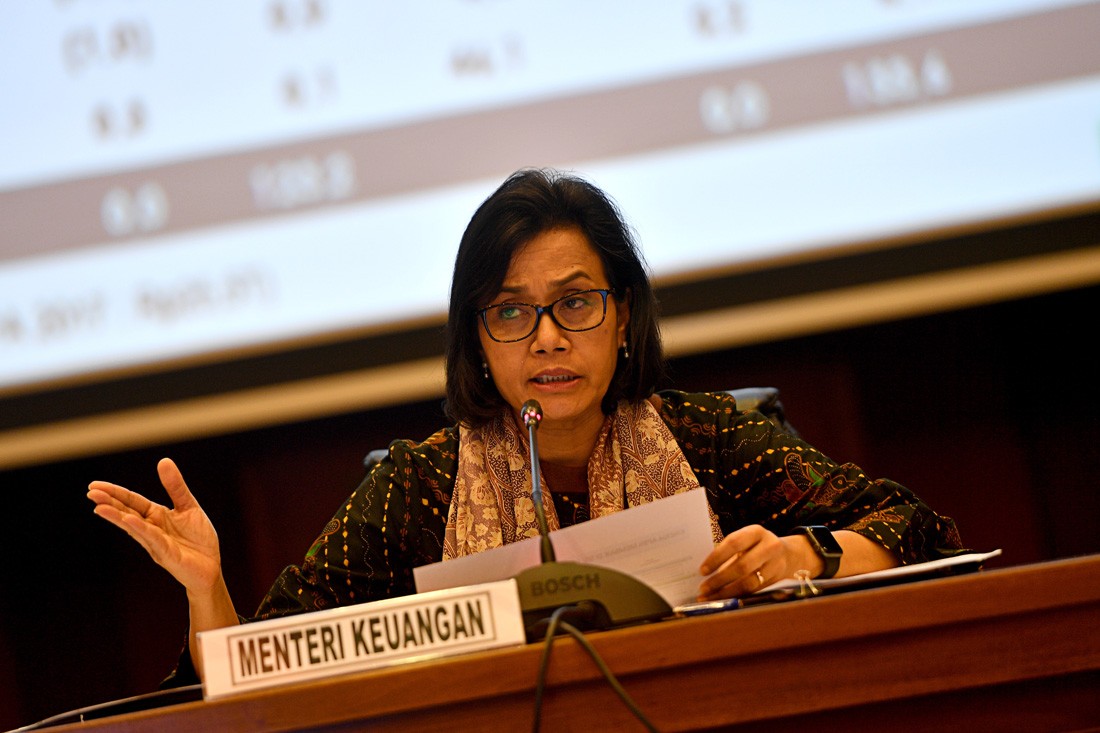Popular Reads
Top Results
Can't find what you're looking for?
View all search resultsPopular Reads
Top Results
Can't find what you're looking for?
View all search resultsDrive stronger bargain in dollar bond market
Is Sri Mulyani’s entire economic prescription to borrow her way in dollars out of Indonesia’s restructuring problem? If so, the Finance Ministry is paying for it. Here’s the proof, in a twofold reason.
Change text size
Gift Premium Articles
to Anyone
W
ith recent political and social events like the coronavirus, low interest rates may go lower. Most sovereign bonds in the European Union are below or near zero; in the United States, they are barely above 1.5 percent. Yet, Indonesia continues to pay a large market premium for sovereign bonds in both rupiah and dollars.
Paying more for only rupiah bonds would be understandable, but paying high premiums for US dollar denominated bonds, in a world awash with dollars due to overprinting or quantitative easing, is problematic. If Indonesia’s economy is as turbocharged as all the growth indicators show, there is no need to overpay on interest for bond subscriptions.
Does Finance Minister Sri Mulyani Indrawati understand the concept of Berkeley economist Barry Eichengreen’s “original sin”? Namely, developing countries that cannot borrow abroad in their own currency are forced to borrow more US dollars than a country can afford to repay is doomsday, as the international markets will hold her feet to any shortfalls.
Consider Argentina, which defaulted and was chased around for 20 years to make dollar bond investors whole, with all interest due. Argentina is now trying to default again with its Peronist government, but runs the risk of having all hard currency loans dry up to finance future projects. Indonesia cannot afford this gamble of default.
Sri Mulyani is offering far too much in a world beset by negative and near zero interest rates. It is simply ridiculous to overpay. She should be considering market reality, not the out of touch academics from the World Bank. The examples below present what is actually happening in the world of sovereign debt instruments, in both Asia and in the developed world.
Consider Spain, Italy and Greece — the riskiest financial bets in the EU, with high unemployment, aging populations, and lagging economic growth. Greece is considered a “beggar economy”, highly dependent on loans from the EU and the International Monetary Fund. Yet it pays 10 times less on its sovereign bonds than Indonesia. In other words, burgeoning Indonesia is considered more risky than slow growth Greece!



















